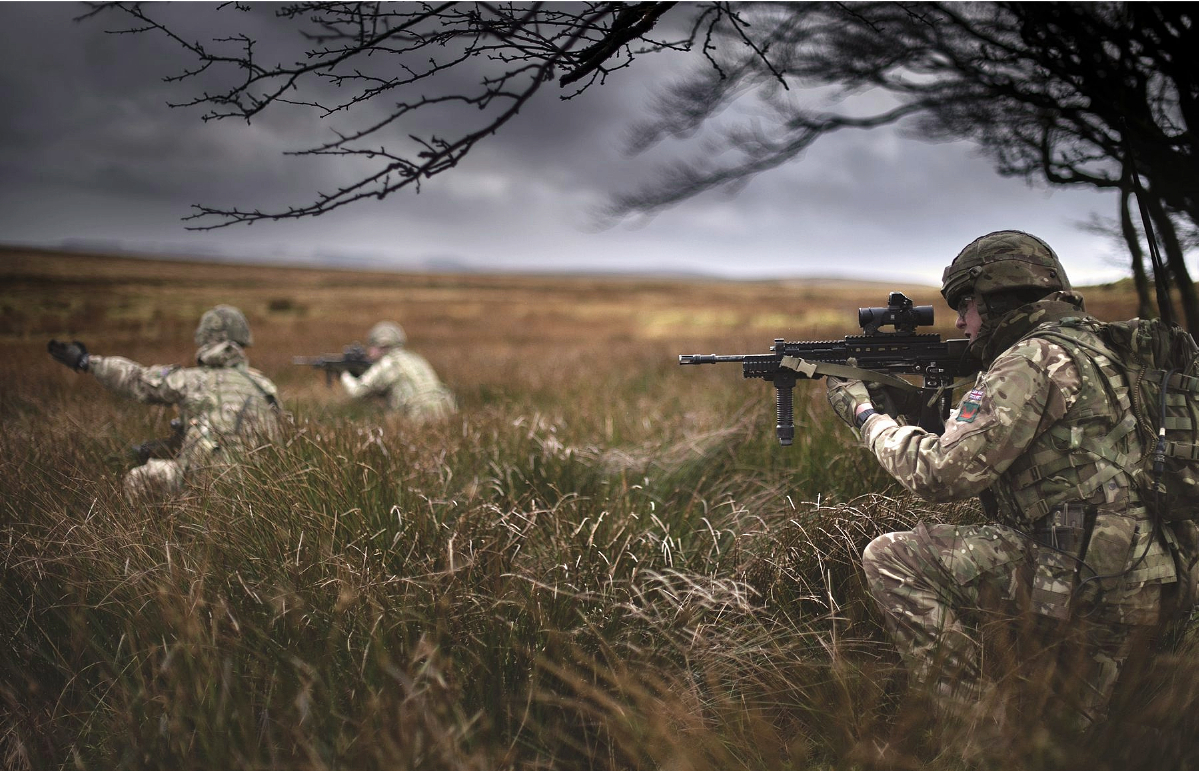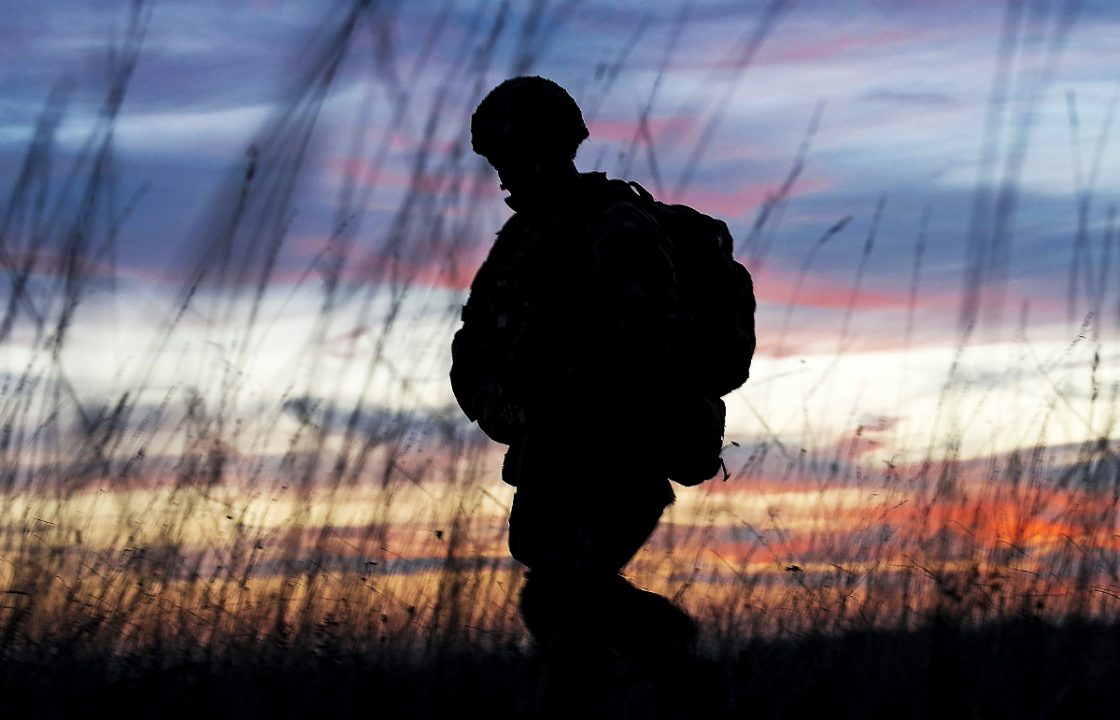If you or your loved ones were called on to fight, and possibly die, for your country, what would be your answer? And if there wasn’t any choice – how would you feel?
Those are the stark questions now being asked, as western military leaders warn our increasingly unstable world could have consequences for all of us.
Spiralling conflict in the Middle East, and a grinding stalemate in Ukraine, is leading to a major debate about how western countries, particularly in Europe, defend themselves. Some are even contemplating a return to national service – abolished in the UK way back in 1960, at the height of the Cold War.
Even if that sounds extreme, it isn’t hard to see why the discussion is being had now.
Israel-Hamas war

The brutal attack on Israel by Hamas on October 7 last year shattered an uneasy status quo in the Middle East, and ever since, the fear has been of an uncontrolled escalation.
Amid terrible scenes of suffering in Gaza, other actors in the region are now delivering on that fear. The Houthis in Yemen are disrupting global trade with rocket and drone attacks on international shipping in the Red Sea.
In response, the US and UK have been drawn into what now looks like an open-ended campaign of airstrikes, with no guarantee of success.
Meanwhile, the deaths of three US soldiers in a drone strike on a base on the Jordan-Syria border represents another major escalation, which Washington blames on Iran – the ultimate backer of the Houthis, Hamas and other hostile groups across the Middle East.
War in Ukraine
 Satellite image ©2022
Satellite image ©2022Much closer to home, the longer the war in Ukraine drags on, the greater the concern in European capitals.
Domestic politics in the US and in the EU is threatening to cut off the lifeline of foreign military aid that keeps Ukrainian troops on the battlefield. Unless western allies pay for it, those troops will run out of ammunition.
“We are preparing for a conflict with Russia”
Admiral Rob Bauer, NATO commander
If the war ends on Russia’s terms, the thinking goes, an emboldened Vladimir Putin will eventually come looking for more territory somewhere along the border with Europe. Next time, the member states of the NATO alliance, including the UK, would have to do the fighting themselves.
Russia vs NATO would be ‘World War Three’
“We are preparing for a conflict with Russia,” Admiral Rob Bauer, a Dutch NATO commander warned earlier this month.
“But the discussion is much wider. It is also the industrial base and also the people that have to understand they play a role.”
Joe Biden has warned that a direct conflict between Russia and Nato would amount to “World War Three.”
I want to be clear: We will defend every inch of NATO territory with the full might of a united and galvanized NATO.
— President Biden (@POTUS) March 11, 2022
But we will not fight a war against Russia in Ukraine.
A direct confrontation between NATO and Russia is World War III. And something we must strive to prevent.
The US President said he would defend “every inch” of NATO territory.
“But we will not fight a war against Russia in Ukraine,” he said.
“A direct confrontation between Nato and Russia is World War III. And something we must strive to prevent.”
Will you be called up to join a ‘Citizen Army’?
 UK MOD © Crown copyright 2019
UK MOD © Crown copyright 2019The message was backed up a few days later by General Sir Patrick Sanders, the outgoing head of the British Army, in a speech that 10 Downing Street never wanted to be made public.
General Sanders suggested the children of today may be the ones who face a “national mobilisation”, and called for “preparatory steps to enable placing our societies on a war footing.”
“We will not be immune and as the prewar generation we must similarly prepare – and that is a whole-of-nation undertaking,” he said
“Ukraine brutally illustrates that regular armies start wars; citizen armies win them.”
Britain’s military leaders believe the wake up call is particularly urgent in the UK.
In 2010, there were 102,000 soldiers in the British Army; by 2025, there will be just 72,500. The Royal Navy’s recruitment struggles mean two frigates may need to be decommissioned early, because there aren’t enough sailors to crew them.
Sweden, which put aside its tradition of neutrality in response to Russia’s invasion of Ukraine and applied to join NATO, has reintroduced national service. In places like Switzerland, Austria and Greece, it never went away.
But here, there is widespread opposition to conscription: a YouGov poll this month found that 38% of men aged 18-40 would refuse to serve – the group that was subject to national service during World War Two – even if required to. Just 7% said they would volunteer.
From the start, this century was defined by conflict, with the September 11 attacks in 2001 leading to wars in Iraq and Afghanistan.
Those were the last conflicts that saw major British deployments on the ground in hostile territory. When the chaotic withdrawal from Afghanistan took place in 2021, it felt like a two-decade chapter was coming to an end.
Future historians may look back on that chapter as just the prelude to something even more serious.
Follow STV News on WhatsApp
Scan the QR code on your mobile device for all the latest news from around the country


 UK MOD
UK MOD

























